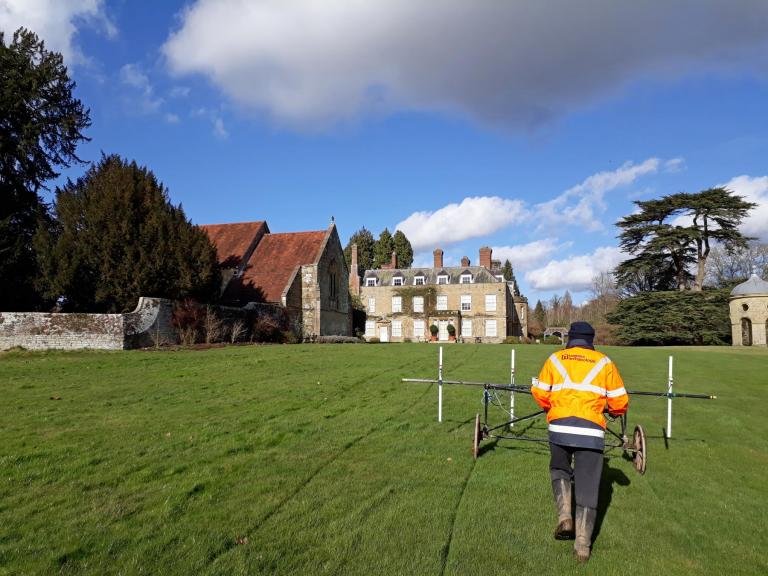Heritage and Sustainability at CIfA 2022
Mark Williams, Wessex Archaeology’s Regional Manager for the London and South East region, a member of our Sustainability working group, chaired a session on Heritage and Sustainability at the CIfA Conference on 28 April 2022, exploring the intersection of the two disciplines.
Mark also presented a new paper looking at the progress Wessex Archaeology has made on this topic, specifically how archaeologists and Heritage professionals can make a positive contribution to some of the major issues facing society today.


Current and future generations are at the heart of the relationship between archaeology and sustainability
Wessex Archaeology’s talk - ‘Archaeology, Sustainable Development and Value: how can investigating the past make a positive contribution to a sustainable future?’ formed part of the ‘Articulating heritage value through sustainability’ session. This session formed part of one this year’s most important themes ‘Integrating public benefit, social value and sustainable development goals.’

Mark Williams presenting on the work of Wessex Archaeology’s Sustainability working group
Mark Williams gives an insight into the successes of the CIfA 2022 conference -
‘I was pleased to give a paper at this year’s CIfA conference outlining the work Wessex Archaeology’s Sustainability working group has been undertaking to integrate sustainability into our work. Along with reducing the impact of archaeological activities on the environment we have been exploring how archaeology can make a positive impact on sustainability.
I suggested that archaeology and sustainability are disciplines which require similar approaches in that they both require exploration of complex relationships between Society, Environment and Change. Perhaps most importantly, both disciplines need to understand the impact of present actions and decisions on future generations and consider how current generations were once the abstract future generations of those that came before.
Archaeology’s ability to engage audiences with narratives provides a unique opportunity to explore issues in sustainability such as climate change and the ways people have adapted in the past; the effect of agriculture and development on biodiversity and the ways in which people have responded to rapid technological change.
We are in a situation where there is a moral obligation for everyone to do what they can to commit to sustainable lifestyles and that archaeology and archaeologists can do a great deal to advance this cause.’



Mesolithic, Neolithic and Iron Age reconstructions for the Moors at Arne Coastal Change Project
This suggests that Archaeology - which studies the interaction of Society, Environment, and the Economy over time - is uniquely placed to inform a wide range of issues which are highly relevant to sustainable development and the Sustainable Development Goals, and which will increasingly underpin legislative and business aspirations. These include modelling past environments and analysing the response of human society to natural and technological change.


